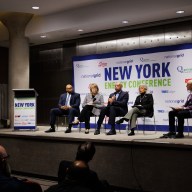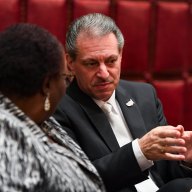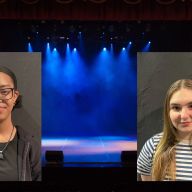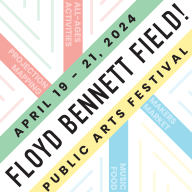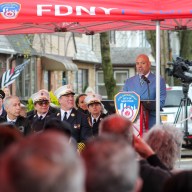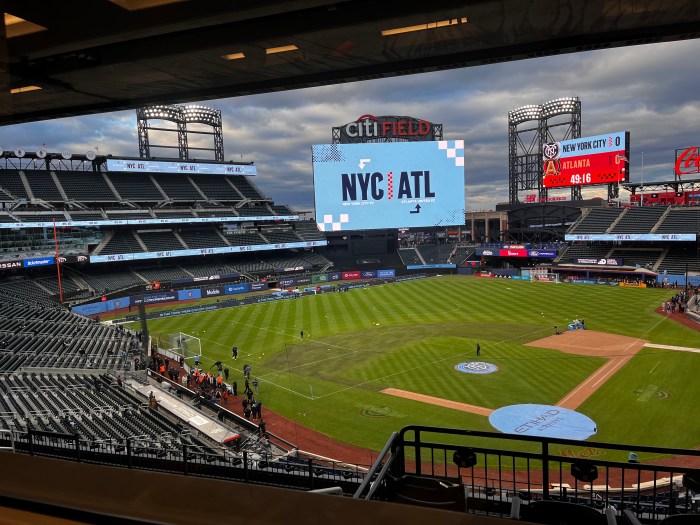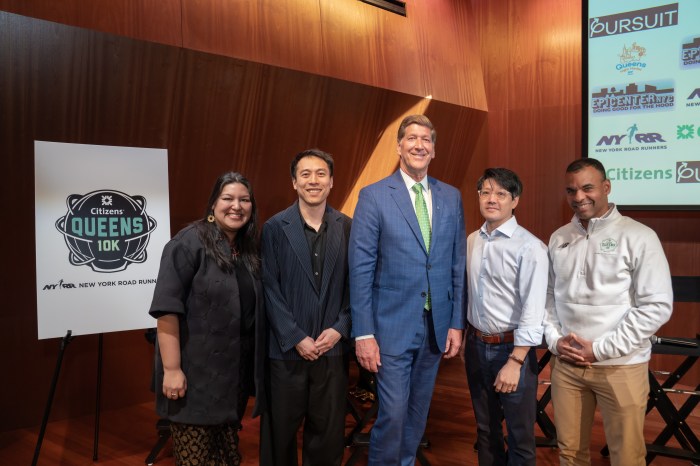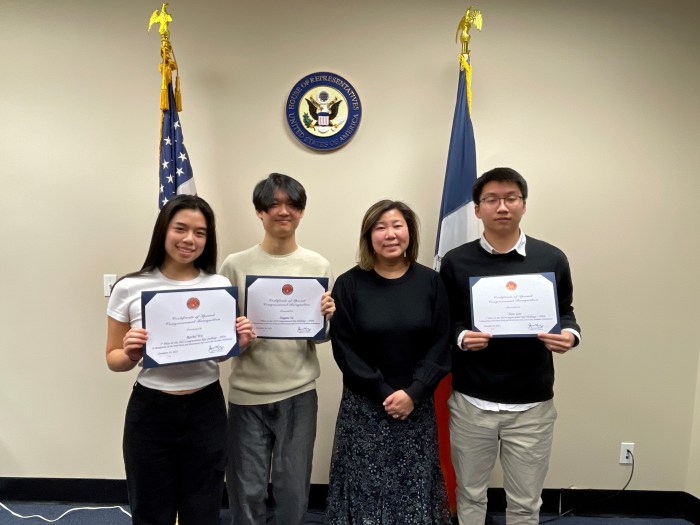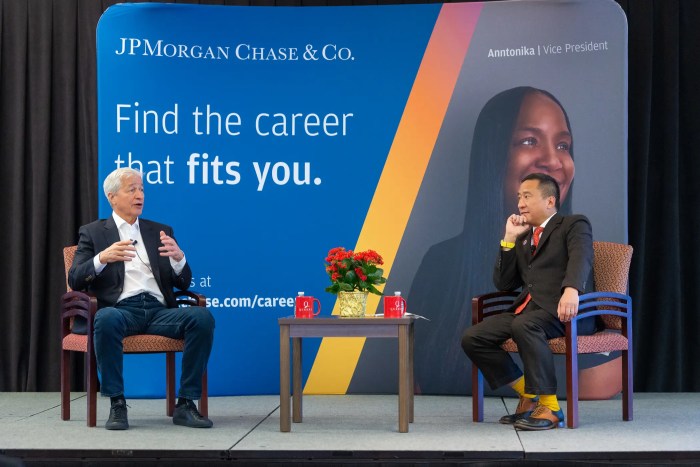I attended a Community Board 8 meeting March 13, which had on its agenda a United States Tennis Association application to expand its facilities in Flushing Meadows Corona Park.
The format for the procedures was dictated by Alan Warshaviak, chairman of CB 8. The board by a healthy majority voted in support of the USTA application. While privately I disapprove of the expansion, CB 8 members have every right to vote as they please. I offer no criticism of any member nor complaints about their final vote.
I do, however, have concerns about the procedures employed by Warshaviak, which I believe went far beyond fairness and were not in the public’s interests:
1. Under ordinary and generally accepted procedures, an applicant who seeks something from any board makes a presentation. The public may then state its approval or opposition and the applicant may then rebut.
At the CB 8 meeting, contrary to procedures followed by other boards, Warshaviak dictated the public speak in advance of the applicant. They were required to do so before there was a roll call of board members, so there was no way to determine whether all members, who ultimately voted, were present when the public spoke.
This was not only a deviation from the norm, but a blatant attempt to distance and marginalize the public’s opposition.
2. The board chairman also announced speaking time from the public would be limited to one minute, which is enough time to say your name, that you are against the plan and sit down. Because one speaker ceded me his time, I got all of two minutes — hardly enough time for a serious statement.
The purpose of a full board meeting is to give the public an adequate opportunity to make a meaningful statement. One minute does not allow that. This is another example of an attempt to marginalize the public’s opposition.
3. By forcing the public to speak before the applicant, the opposition could not address any point made by the applicant. As a result, when something was said that I believed was incorrect, remaining in my seat, I shouted out a response. I did not rise up from my seat. I made no threatening movements and my reaction was over in seconds. It was prompted by the fact that the chairman allowed the applicant to speak after the public and not before, as should have been the case.
My behavior was harmless and not remotely disruptive, but no sooner had I made a response, a police officer came over to where I was seated. He positioned himself not near me, but inches away, breathing down my neck. I quietly informed him not to violate my civil rights. He remained looming over me for what was mostly the remainder of the meeting.
It was clearly an unjustified and obnoxious attempt at police intimidation. In all the years I have been to community board meetings, even when agenda involved issues that stir one’s emotions, I never witnessed a violent or unruly display of conduct requiring a police presence. I have from time to time seen an officer at a meeting in which at some point he would give a message about a police matter pertinent to the community. The officer would have nothing do with an agenda issue.
When the meeting was ended, I walked up to Warshaviak, who was still seated, and in a quiet voice informed him police intimidation has no place in a democracy and I resent an officer practically sitting on top of me. He said he did not send the police officer over to me or know why he was there. No officer comes to a board meeting without having been asked to do so by the chairman, nor does any officer take action on his own.
It is difficult to accept Warshaviak’s disavowal, particularly since he offered no regrets or apologies. His indifference speaks volumes. When I left the building, in the lobby there were about 10 officers. The neighborhood where the meeting was held, Union Turnpike and near 183rd Street, is a safe area and a large police presence defies logic.
The purpose behind community boards is to create transparency in land use matters and give the public an adequate opportunity to be heard. A meeting that does not require an applicant to speak first, limits people’s time to speak to one minute and employs police intimidation makes a mockery of the concept of community boards.
I have no quarrel with individual board members and their right to vote their beliefs or with the officer in question because I believe he did not act on his own.
My quarrel is with Warshaviak, who I believe needs a refresher course in good government.
Benjamin Haber
Flushing







